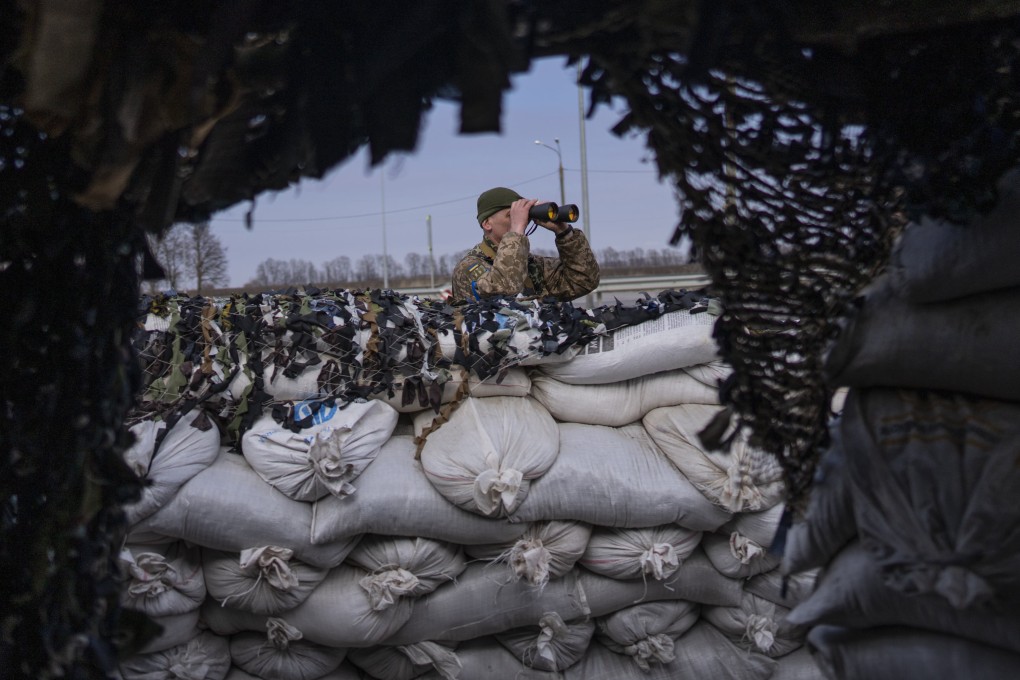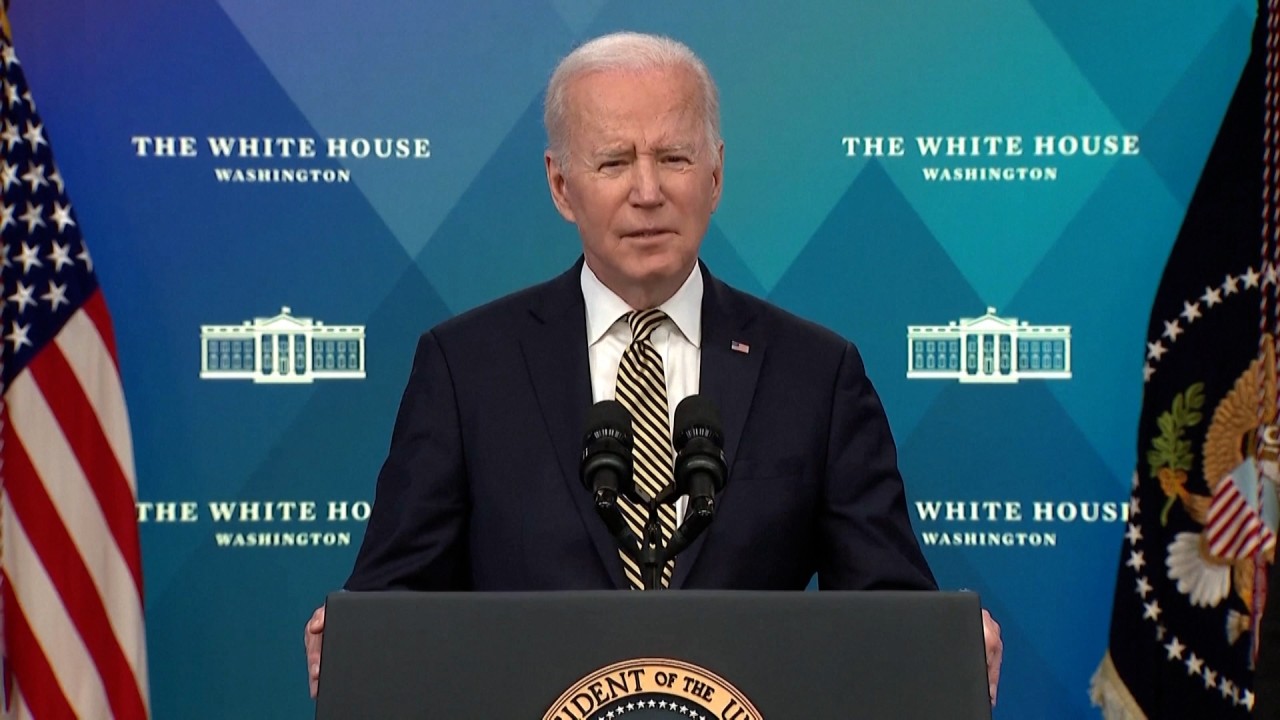Will the Ukraine war distract the US from its Indo-Pacific plan to counter China?
- Even as Europe and Nato will in the short term occupy Washington’s attention and prompt ‘reassurance’ from some Asean states, analysts say the Indo-Pacific remains relevant as China’s influence grows
- Meanwhile, one observer says Asean also has a role in managing geopolitical tensions, while others say the Quad will remain a counter to Beijing despite India’s close ties with Russia

Weeks after the United States unveiled its Indo-Pacific strategy outlining its diplomatic and security engagements in the region, Beijing accused Washington of trying to establish an Indo-Pacific version of Nato, the North Atlantic Treaty Organization military alliance of European and North American countries.
Chinese Foreign Minister Wang Yi, speaking last week at an annual press conference on the sidelines of China’s National People’s Congress in Beijing, said the US’ “geopolitical game” aimed at curbing China’s rise would “create trouble for regional stability”.
Announced last month, the Indo-Pacific blueprint highlighted Washington’s commitment to sustaining diplomatic and security engagement in the region to counter what it views as China’s aggressive and coercive behaviour in the East and South China seas, as well as towards Taiwan.
The plan came amid an increased focus by the US on its Quad security pact with India, Japan and Australia, and the formation of the Aukus alliance with Australia and Britain, widely seen as a means to counter Beijing.
But only days after the strategy’s launch, Russia invaded Ukraine, prompting some analysts to wonder if the ongoing war could force the US to prioritise security in Europe over its engagements with the Indo-Pacific.
In an article published earlier this month, analysts Ian Storey and William Choong from the Singapore-based ISEAS-Yusof Ishak Institute said that in the short term, Europe would take up much of Washington’s strategic attention.

